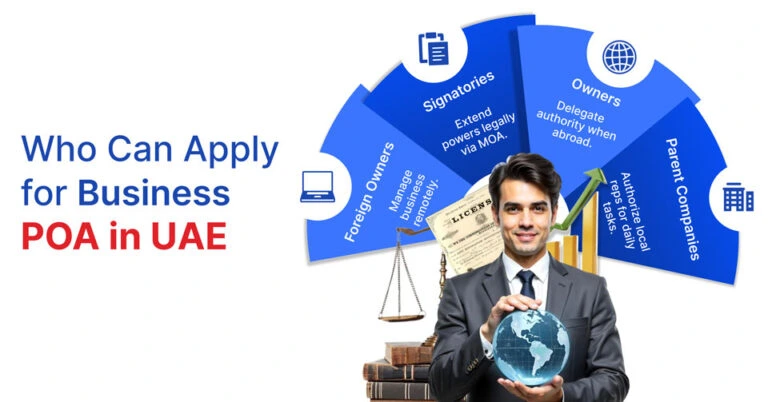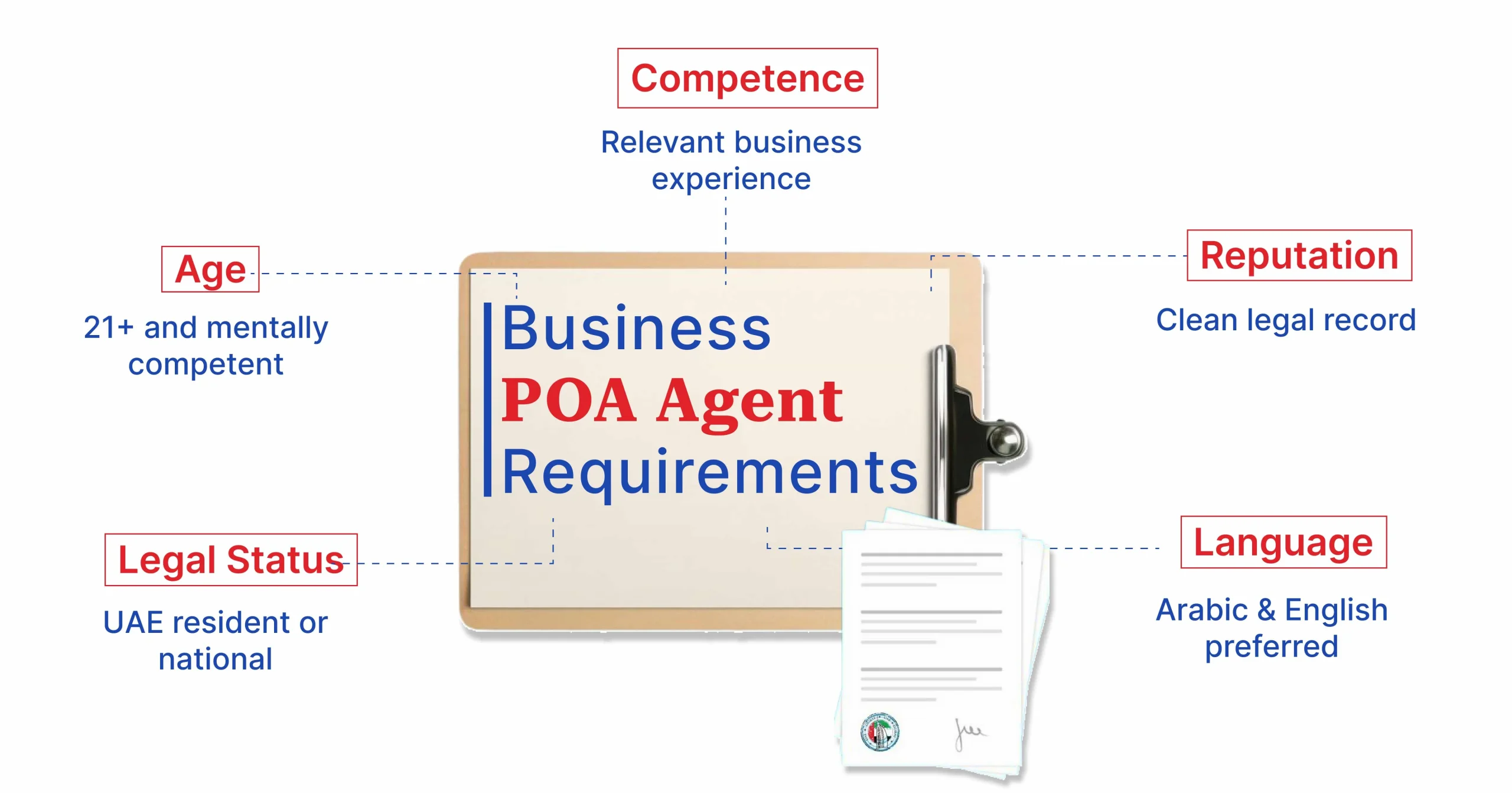Setting up a Business Power of Attorney in the UAE is not as simple as it sounds. Signing contracts, managing licenses, and dealing with government departments can be complex and frustrating for those unfamiliar with the UAE legal system. However, the process of making POA is layered, technical, and often frustrating for those unfamiliar with the UAE legal system.
Below is a step-by-step breakdown of the process.
Step 1: Determine the Type and Scope of the POA
A poorly written or overly broad POA can be rejected by authorities, or worse, misused. You must clearly define what powers you are granting, to whom, and for how long. This could include:
- Signing commercial contracts
- Opening or managing bank accounts
- Handling license renewals
- Managing employees or legal disputes
- Representing the company in court or government departments
At this stage, legal consultation is often required. SafeLedger comes in handy with its years of experience in providing legal consultations to thousands of clients.
Step 2: Document the Business Power of Attorney Draft
You can’t just write this on paper and call it official. The POA must follow UAE legal standards, including:
- Correct Business Power of Attorney Format by legal language in Arabic or bilingual (Arabic/English)
- Full details of both parties (passport, Emirates ID, license copy, etc.)
- Clearly defined scope of authority
- Specified duration (fixed term or open-ended)
Even small errors, wrong spelling, vague powers, or poor formatting, can get your POA rejected at the notarization stage. But if you want to make it right in the first try, take the POA service from the experts.
Step 3: Notarization at a UAE Notary Public
You must appear in person (or send a legal representative) at any Emirates notary public. The notary will:
- Verify your identity and authority
- Review the document thoroughly
- Ensure it complies with legal guidelines
- Record the POA in the notary system
Expect long waiting times, multiple visits, and rigid requirements. For non-Arabic speakers, a certified translator is often required during the appointment.
Step 4: Attestation from Government Departments (If Required)
Depending on how and where you’ll use the Power of Attorney, attestations may be needed:
- Ministry of Foreign Affairs (MOFA): For cross-border or diplomatic recognition
- Department of Economic Development (DED): If the POA is used for trade license matters
- Free Zone Authorities: Each has its own rules and may demand additional certification
Each department has its own paperwork, fees, queues, and approval timelines. It’s easy to miss a step if you’re unfamiliar with the system.
Step 5: POA Translation and Legalization for Use in UAE Courts or Banks
Most official entities require the Business Power of Attorney in Arabic. If your POA is originally in English, you’ll need:
- Certified legal translation
- Legalization of the translation
- Re-attestation of the translated version
Banks, in particular, have very specific POA templates and often reject general documents.
Step 6: Registration with Free Zone or Mainland Authority
If your business operates in a free zone (e.g., Dubai Multi Commodities Centre –DMCC, JAFZA, RAKEZ), you may also need to register the POA with that authority. Mainland companies might require it to be linked to the trade license file.
Each jurisdiction has:
- Its own format and approval system
- Online or in-person submission rules
- Processing fees and approval timelines
Step 7: Ongoing Monitoring and Renewal
POA validity depends upon the type of Business Power of Attorney you have applied for. You’ll need to monitor expiry dates and initiate renewal well in advance. A lapsed POA can block business transactions or invalidate past actions.
This process is time-consuming, risky, and stressful. In fact, you can also transfer the POA to another person as long as rules are followed. Know how to do it from the detailed guide on: Can a POA be transferred in the UAE?
Let Safe Ledger handle your business POA, end-to-end.
Contact Us to secure your Business POA Online with fast, compliant, and stress-free service.





